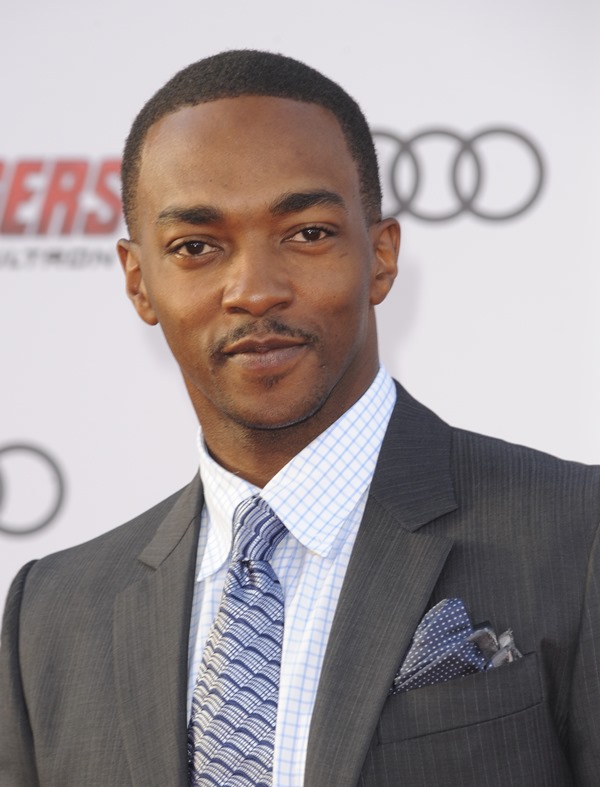Yes, Black Panther needs a black director



Continuing the theme of “it’s a bad day to be a Marvel marketing flak”, Anthony Mackie, who plays Falcon in the Marvel Cinematic Universe, is out promoting Our Brand is Crisis, which means that people are asking him about Marvel. When you’re part of Marvel, all anyone ever asks you about is Marvel. So you would think, at this point, these guys would be just the least little bit prepared to respond broadly to the topics of the day, like representation in film, which is a huge f*cking deal and they’re not going to stop asking so have some canned answers prepared, Jesus Christ. Jen Yamato of The Daily Beast asked Mackie about the importance of Marvel hiring a black director for Black Panther, their first feature film headlined by a black superhero. Here is Mackie’s response:
“I don’t think it’s important at all,” he says. “As a director your job is to tell a story. You know, they didn’t get a horse to direct Seabiscuit! The thing is I don’t think the race of the director has to do with their ability to tell a story. I think it’s all about the director’s ability to be able to relate to that story and do it justice. I think men can direct women, and two of my greatest work experiences were with female directors. So I think it all depends. May the best man—or woman—win.”
There’s a practical side to this which is that Anthony Mackie is a jobbing actor who is overwhelmingly hired by white guys. The people financing the movies he’s in are white guys. I get not wanting to rock the boat and pick a side that might cost him a job down the line. A lot of the mealy-mouthed answers to politicized issues like representation have a component of this. It’s a cowardly response and it is complicit in a destructive status quo, but actors won’t even pick between Spielberg and Scorsese for the purposes of a GAME because they think one of them might hire them someday. We shouldn’t stop asking, but neither should we be surprised when actors talk around the issue.
But Mackie is wrong, for multiple reasons. 1) It IS important, because different perspectives notice and emphasize different details. Could a white guy make a good Black Panther movie? Sure. But a black director will bring a different perspective, one more immersed in a shared experience that creates a richer, more nuanced portrait of that character and that world. 2) A horse didn’t direct Seabiscuit because it’s a goddamn HORSE. This has nothing to do with anything and it’s is a stupid f*cking thing to say. Also troubling as it seems to imply that hiring a black person to direct a movie about a black person is somehow ridiculous. Maybe stop making jokes, Mackie. You’re not good at it.
And here’s the big one—the problem with the merit argument is that it does not acknowledge that minority (and female) filmmakers DO NOT GET THE SAME OPPORTUNITIES TO PROVE THEIR MERIT. In a perfect world, everyone would stand on an even playing field and the best, most qualified and talented person would get the job every time. But we don’t live in that world. We live in a world where you still have to go out of your way to create opportunities for minority voices to be heard in mainstream filmmaking—the status quo is not inclusive. It’s going to take a committed effort to change it and make it more inclusive.
It’s a change that Marvel Studios is finally beginning to make. Instead of playing the merit card, they’re going out of their way to hire diverse filmmakers. The (probable) director of Thor: Ragnarok is Taika Waititi, who is half Maori. Joe Robert Cole, an African-American filmmaker, is writing Black Panther. Meg LeFauve and Nicole Perlman are co-writing Captain Marvel, for which Marvel will most certainly hire a female director. Ant-Man has to share his sequel title credit with the Wasp, adding a second headlining female superhero to Marvel’s phase three. They’re finally, at long last, taking real steps to make their movies more diverse and inclusive. Maybe they should work on bringing their actors up to speed next.
